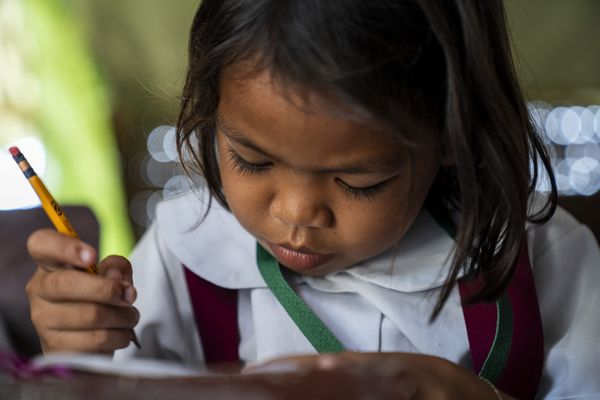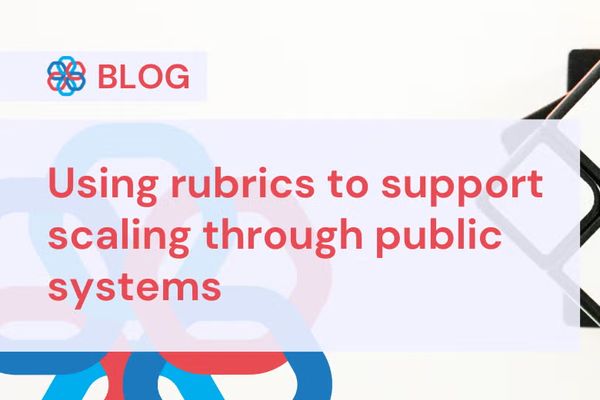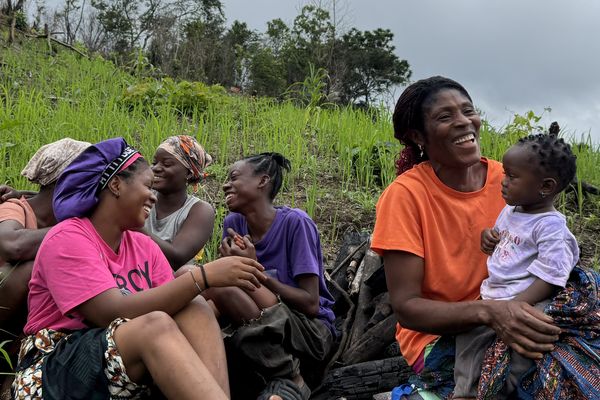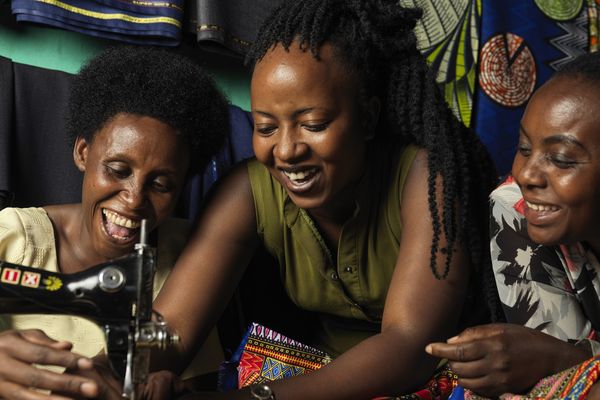Teaching amidst conflict in a remotest island province of the Philippines
Date: 5 Mar 2025
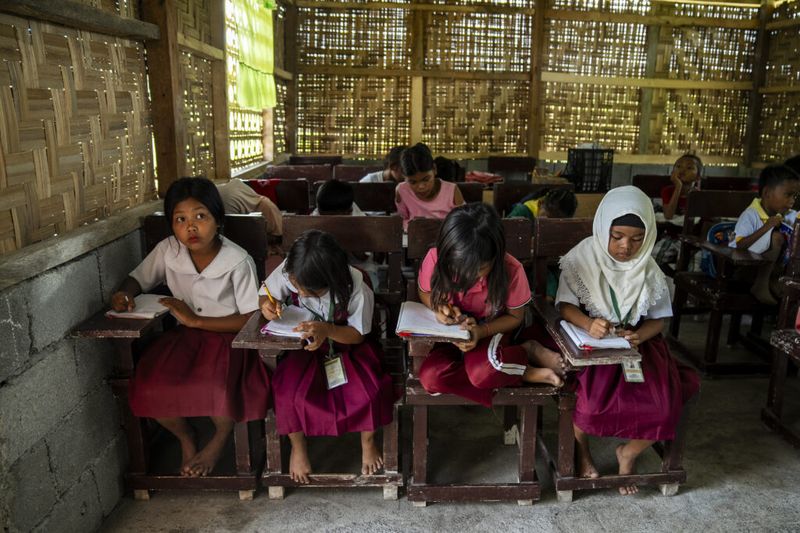
“I had always wanted to be in the police force. But life had other plans. I am actually glad for it.” – Soraya Bari, a learning facilitator in Tawi Tawi, Philippines
The Abot Kaalaman sa Pamilyang-Bangsamoro (AKAP) programme aims to provide access to quality elementary education, kindergarten to grade 3, in the Bangsamoro Autonomous Region in Muslim Mindanao (BARMM), where no formal schooling exists. AKAP is one of the flagship programmes of the Ministry of Basic, Higher and Technical Education, with support from the Government of Australia through the Education Pathways to Peace in Mindanao Programme. It covers 62% of the estimated 210 school-less areas in BARMM.
Soraya – who did not want her real name to be published – is a learning facilitator in Tawi-Tawi, a province in BARMM where we work on training and equipping teachers in collaboration with the government. Getting to Tawi-Tawi is no easy feat. It is over 1,000 kilometres away from the capital Manila with no direct flights. To reach the islets of Taw-Tawi, one has to take motor-run bancas, local boats, across the Sulu sea.
As we approach International Women’s Day, it is important to bring to the forefront stories of women like Soraya – beating all odds, making do with what little support they get – to make sure they are doing their bit to accelerate action for gender equality through education – in some of the remotest corners. This is her story.
“Ever since I was a child, I dreamed of wearing a uniform. I thought people wearing uniforms had superpowers.
I even pursued a four-year degree in criminology to join the Philippine National Police. But things did not exactly fall into place – I could not pass the exam. I was devastated, and my confidence was completely shattered. I wasn’t sure what to do after that.
In 2010, at 25, I got married and moved to a new barangay (the administrative district forming the most local level of government) in the Tawi-Tawi province, the southernmost frontier of the Philippines. There is either no phone or internet connection in most areas here, and in places where it is available, it is extremely unreliable – so, you can imagine how secluded some of these areas are. While considered less conflict-prone than other nearby provinces in the BARMM, in Tawi Tawi, we do experience some conflict and acts of terror due to our proximity to other nearby maritime borders. But like most families in the BARMM region, we too face similar challenges like limited access to education and healthcare, economic struggles, and governance issues that make daily life difficult. Education is especially hard to access as many barangays are school-less and children who do want to go have to trek great distances, take boats, and cross choppy waters to get to their destination.
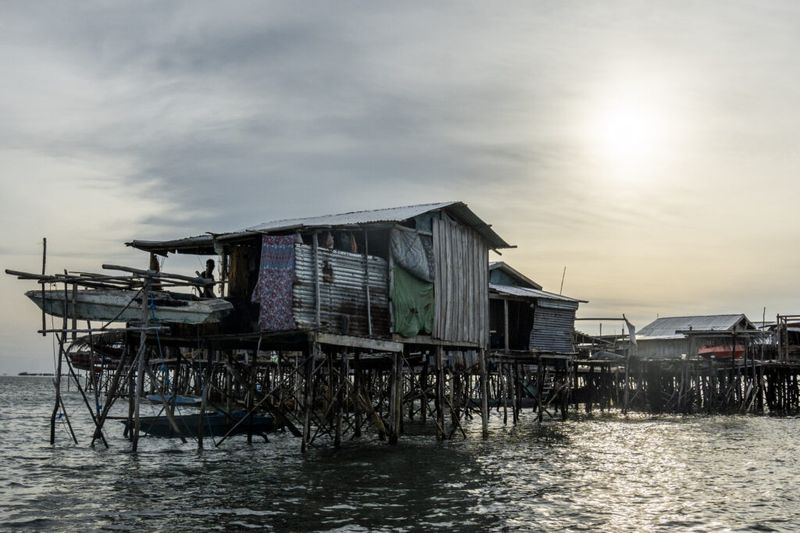
Over 14 years have passed since I got married and have been living here. We tried to have a baby but that did not work out. I love children, and this was yet another blow for me. I had to hear taunting remarks from people, some of whom were close to me. Not being able to have a child felt like another layer of social exclusion that I had to learn to navigate.
Sometimes relationships suffer for it. That said, I thankfully have a good relationship with my husband and in-laws. But we do have our fair share of troubles. My husband was the primary earner in our household at the time. I took up farming, shopkeeping, and other small jobs to support ourselves. But I did not enjoy it at all. I felt depressed most of the time. My father-in-law noticed how sad I was, and I think it got him thinking.
In 2021, he told me about a project hiring teachers in our area. I applied and got selected as a learning facilitator. I started taking classes for children in class-1 in one of the 131 learning centres – an initiative of the Abot Kaalaman sa Pamilyang-Bangsamoro (AKAP), the flagship programme of the Ministry of Basic, Higher and Technical Education.
At the beginning I looked at it simply as a job that would pay me well and also hopefully make me happy. Very soon, I started enjoying the work – however difficult my day was, watching my students thrive, connect, and love their classes made it all worthwhile.
Not all days are easy. Our learning centre is located in one of the remotest parts of the country and lacks basic stationeries or supplies. In my barangay (the administrative district forming the most local level of government) this is the only place that provides free education. But many parents feel hesitant to send their children to classes because they cannot afford other school supplies.
But that does not stop us from trying – we regularly sit with the parents and counsel them on the importance of education for children. The other reality is that when a family is trying to meet basic needs like food and shelter, education falls off the priority list. Sometimes, I try to save money to buy scholastic materials for my students, which often results in arguments at home. But I try not to let it bother me much, because I know this will bring the students to school. I have seen firsthand how access to learning opens doors, especially for young girls who might otherwise be forced into early marriage or labour. Education is their only way out.
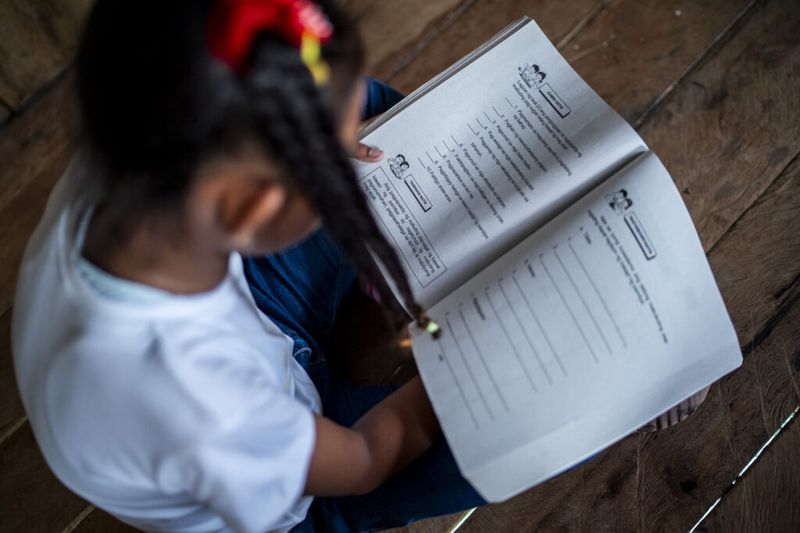
I have gone through several capacity-building and refresher training sessions. But I didn’t have a teacher’s license and back in 2023, I heard people talking negatively about me. They thought I wasn’t good enough to teach, because I didn’t have a teaching license and, shockingly, because I didn’t have children of my own. I tried not to let it bother me but I couldn’t shake off the sadness. And then one day that same year, I decided to resign.
Two days after I left my role as a teacher, more than 50 people turned up in my front yard. They were my students and their parents. They told me they missed me and wanted me to return. Some of my students told me I was their Darna. Believe it or not, Darna is a superhero and the lead character in a local television series. I was overwhelmed. After all, this is what I had wanted – to have the power to do good. To have superpowers. And what better way to use my power than to shape a generation of future leaders – to teach them right from wrong!
I felt emboldened. The parents had entrusted me with a big responsibility that I felt encouraged to take on once more.
Someday, I will earn a teaching certificate and get the formal license to teach. Getting a teaching license is an expensive process, and although it might take some time, I know I will earn it some day. Until then, I know my work is making an impact.
By ensuring children, especially girls, have access to education, I am not just teaching. I am also accelerating action for gender equality.
Because when you educate a child, especially a girl, you change not only her future but the effects go far beyond.”
by Shituma Tajrin
